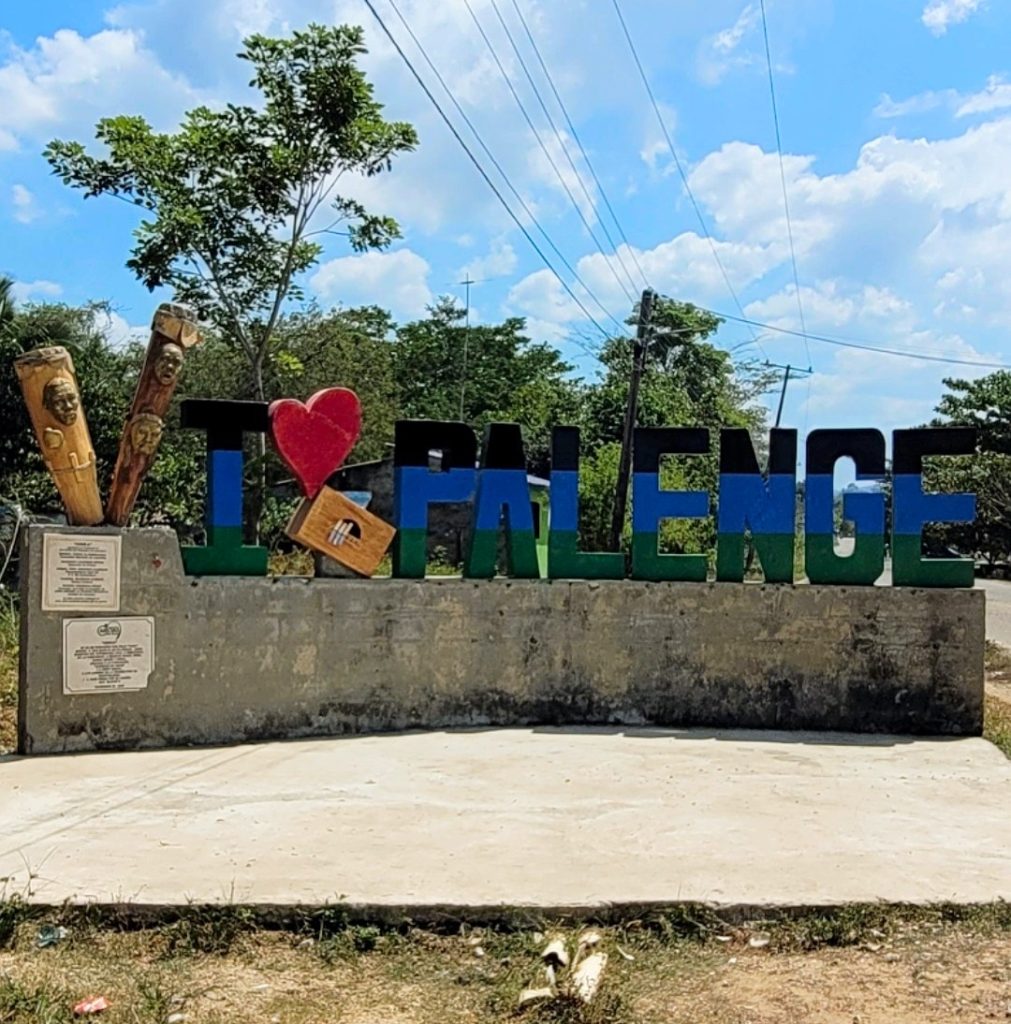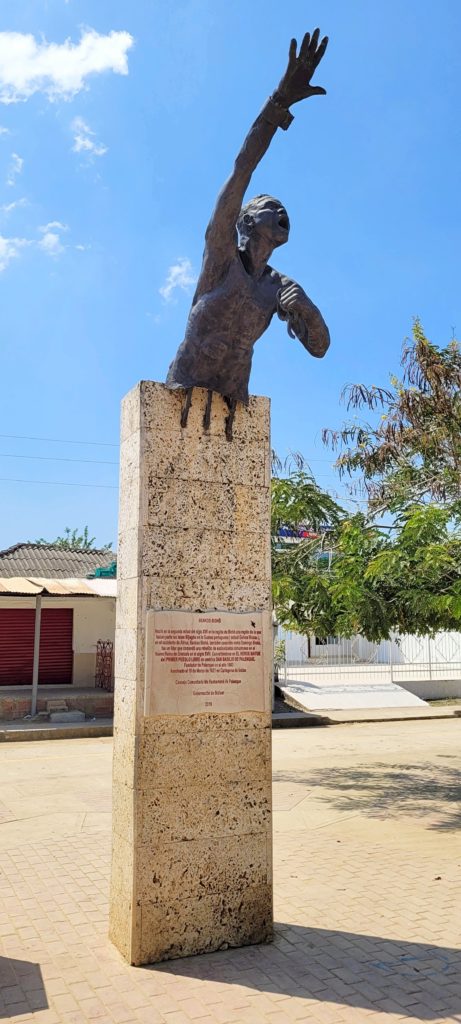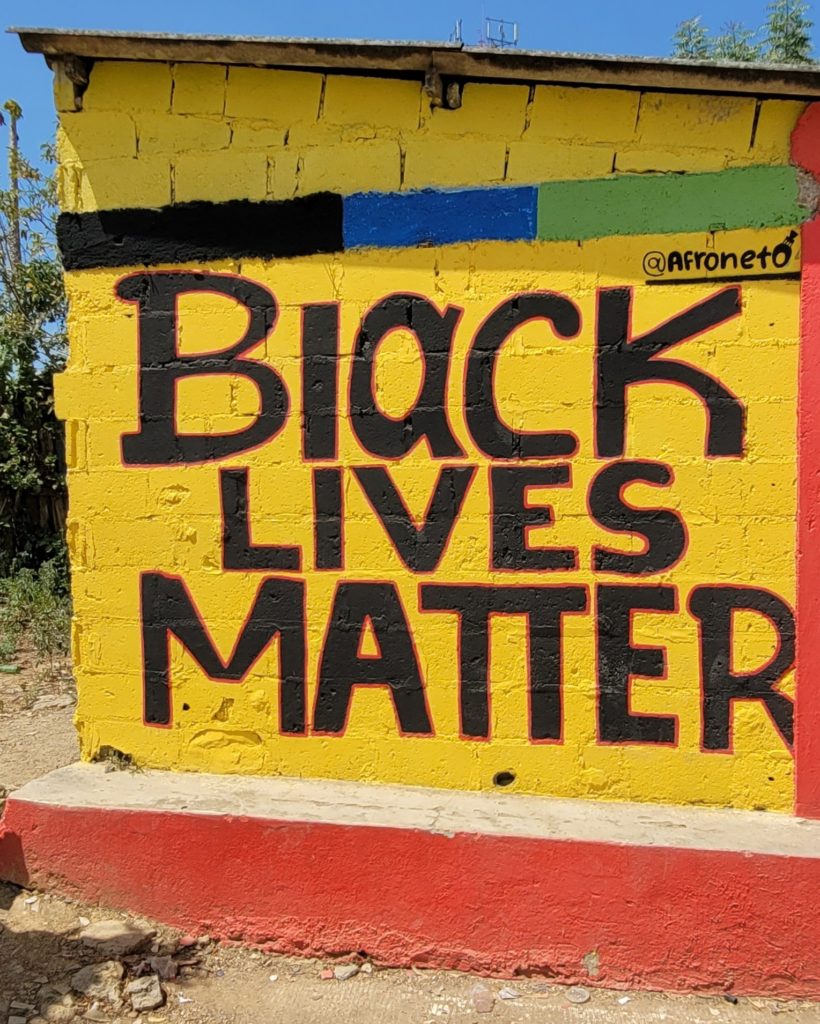Reflecting on my recent visit to the village of Palenque de San Basilio, Colombia, a UNESCO site on record as the first ‘free black town’ in the Americas.

While staying in Cartagena, Colombia, A friend put together a road trip to visit the village of Palenque. It’s about an hour and a half from Cartagena, Colombia. The village of Palenque de San Basilio is a UNESCO site on record as the first ‘free black town’ in the Americas. Palenque was founded by former slaves who courageously escaped slavery during colonial times. It was an amazing experience to learn about the town’s history and get a taste of Afro-Colombian culture.
After reflecting on my visit, and a short conversation with a friend, I value the Palenque experience even more. Being a person of the African diaspora, and an avid traveler to places within the Caribbean and South America, I understood that the African diaspora story is similar from the beginning of our ancestors’ journeys. The similarities don’t stop there, think about predominantly black and brown communities nationally, and we see the lack of quality education and economic stability. These challenges are universal, and in developing countries, these issues are multiplied.
What I loved about Palenque was its authenticity. There have been some developments over the years, but regardless the community is still connected to its roots. Towns like Palenque need tourists like me to come and visit, as well as others with similar ethnic backgrounds. Tourism is a major way to provide support and help these communities develop.
My reflection from this experience is that we need towns like Palenque too, as a way to stay connected to our roots and the history behind them. History is hard to repeat itself when it’s been changed or erased. If we in the African diaspora don’t support our businesses and make an effort to invest in our ancestral lands and landmarks, then why should we expect anyone from another culture to?



